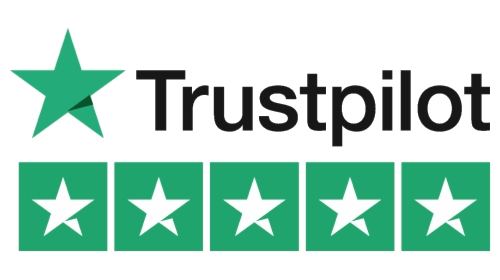As a small business owner, navigating the complexities of the supply chain can be a challenging endeavor. Selecting a supplier is a crucial step, but it’s important to understand that price is not always the predominant factor. This article delves into why and how entrepreneurs should look beyond cost when choosing a supplier.
Get Funded Now
Understanding the Supplier Selection Process
Key Factors in Supplier Selection
The supplier selection process is multifaceted, encompassing more than just the lowest price. Key factors such as supplier performance, quality of the product, delivery times, and financial stability play a pivotal role. Entrepreneurs must consider the total cost involved, which extends beyond the initial price tag to encompass aspects like lead times, supply chain management, and potential disruptions.
Procurement and Strategic Sourcing
Procurement and strategic sourcing are integral to finding the right suppliers. This involves analyzing the market for potential suppliers, evaluating their offerings, and understanding how they align with your business needs.
The Importance of Supplier Selection
Selecting a supplier impacts various aspects of your business, from cash flow to your ability to meet customer demands. A good supplier ensures a consistent supply of high-quality raw materials or products, critical for maintaining a competitive edge.
Why Price Shouldn’t Be Your Only Criterion
Total Cost vs. Lowest Price
Focusing solely on the lowest price can be misleading. The total cost of working with a supplier includes factors like delivery reliability, quality, and supplier relationship. Cost-effective does not always mean lower prices; it’s about getting the best value for your investment.
Supplier Relationship and Performance
A strong supplier relationship can lead to better supplier performance, including customized solutions, priority support, and better contract negotiation terms. This relationship is vital for small businesses that require more personalized attention.
Other Considerations in Supplier Selection
Lead Times and Supply Chain Management
Lead times and efficient supply chain management are crucial. Suppliers with shorter lead times and effective supply chain management can help you respond faster to market changes, benefiting your business in the long run.
Local Suppliers and Community Impact
Choosing local suppliers can bolster your local business community and often leads to better communication and faster delivery. Supporting local businesses can also resonate positively with your customers.
Benefits of Selecting the Right Supplier
Enhanced Financial Stability and Cash Flow
The right supplier contributes to your business’s financial stability. They can offer flexible payment terms, aiding in better cash flow management, especially crucial for businesses preferring merchant cash advances over loans or lines of credit.
Improved Supplier Management and Business Efficiency
Effective supplier management leads to smoother operations and enhanced business efficiency. By selecting suppliers who understand and align with your business goals, you can create a symbiotic relationship that drives mutual growth.
Supplier vs. Vendor: Understanding the Difference
While often used interchangeably, a supplier provides raw materials or products, whereas a vendor is typically involved in the distribution of finished goods. This distinction is essential in supply chain management and procurement strategies.
Conclusion
In conclusion, while price is a significant aspect of the supplier selection process for small businesses, it should not be the only criterion. By considering other factors such as supplier performance, quality, delivery times, and the overall impact on your supply chain and cash flow, you can make a more informed decision. Remember, the right supplier can be a strategic partner contributing to the success and growth of your business.






